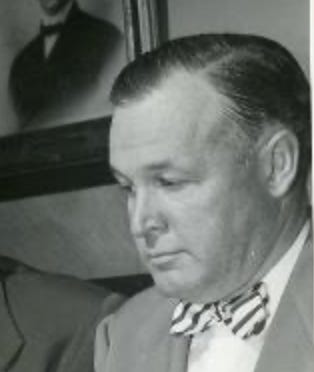Work in Progress is a recurring feature on CAMPAIGN TRAILS for paid subscribers.
I’m using it to share some of the more interesting materials I’ve uncovered in the past few years of research for my book-in-progress on the work of John Doar and the Civil Rights Division in the 1960s.
I’m working on the second chapter of the book right now, chronicling the first big case John Doar tackled after joining the Civil Rights Division in July 1960. For a few years, African Americans in two western Tennessee counties — Fayette and Haywood, both just outside Memphis — had been complaining about a variety of voting rights violations. (Basically, Haywood refused to enroll any black voters at all, while Fayette let a few register and then shut them out with a white primary.)
One of the things I’m trying to show is how, before Doar got there, the Division relied to a great extent on local U.S. Attorneys to decide whether or not the Division should get involved in a civil rights matter. This was a problem, of course, because these were men who came from the region and sympathized with other whites there and, moreover, they usually had political ambitions in those same communities. They didn’t want to rock the boat.
In these Tennessee cases, I’ve discovered the perfect correspondence to illustrate this problem. The USA in Memphis was a local patrician with the perfect southern name of Millsaps Fitzhugh. (If that name rings a bell, his estranged daughter Louise wrote the Harriet the Spy series. No, really.)
Let’s dig in!
Keep reading with a 7-day free trial
Subscribe to Campaign Trails to keep reading this post and get 7 days of free access to the full post archives.




